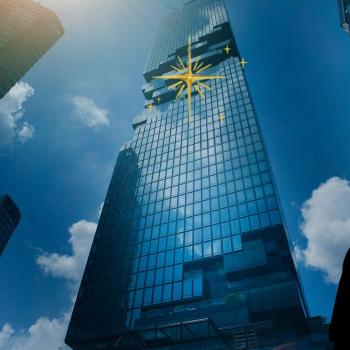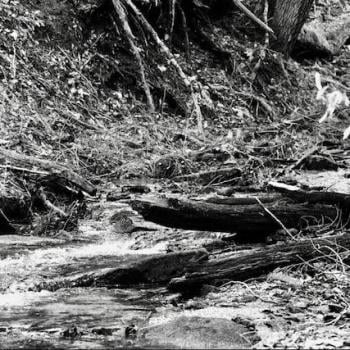Over and over, we were told that we had to do whatever it took to keep the terrorists from winning, but as I sadly concluded to my friends in Macon on Sunday, the terrorists won—and we made their victory possible.
We are less free than we were ten years ago. Less respected. Less able to exert moral authority in the world. Less able to help our own citizens. And despite killing Osama bin Ladin and other terrorist leaders, Leon Panetta noted this week that after a decade of war, we still face the very real threat of another 9/11-type attack.
So it is that The Economist concluded that
an Osama bin Laden conducting a posthumous review of the past decade would have cause to feel satisfied. . . . But for September 11th, America would not have invaded Afghanistan or Iraq, where some 6,000 of its soldiers, and many of its allies' soldiers, have lost their lives in grinding wars of attrition. The costs-of-war project at Brown University thinks that on a "very conservative" estimate about 137,000 civilians have been killed in Afghanistan, Iraq and Pakistan and that the wars have created more than 7.8m refugees in these countries. The Brown project puts the wars' ultimate cost, including interest payments and veterans' care, to the United States at up to $4 trillion—equivalent to the country's cumulative budget deficits for the six years from 2005 to 2010.
The War on Terror has bankrupted us, literally and metaphorically, despite Dick Cheney's recent protestations that it was all worth it. It wasn't.
But even after all of this—even after all of the ways in which we have failed to be faithful to our democratic values and our Christian beliefs—there is still hope for America after 9/11.
We can recognize the mistakes we have made—and stop making them.
We can change the way we relate to Islam, and seek friendship with moderates instead of confrontation.
We can recognize that we can no longer push the rest of the world around with our military, and learn to work with them on our common problems.
We can try to be the people we are called to be, living with compassion instead of anger, with faith instead of fear.
It does no dishonor to our honored dead to tell the truth.
In fact, their sacrifice demands it.
The African-American poet Langston Hughes once called for America to become the America of our dreams, the America it never has been despite all our hopes and sacrifices:
O, let America be America again—
The land that never has been yet—
And yet must be—the land where every man is free.
It is never too late to do what we should have done already; and so my hope and prayer for this tenth anniversary of the 9/11 attacks is that we are finally ready to move past our anger and fear, and into the next phase of our life as a nation.
Let America be America again, the land that never has been yet, and yet must be.





